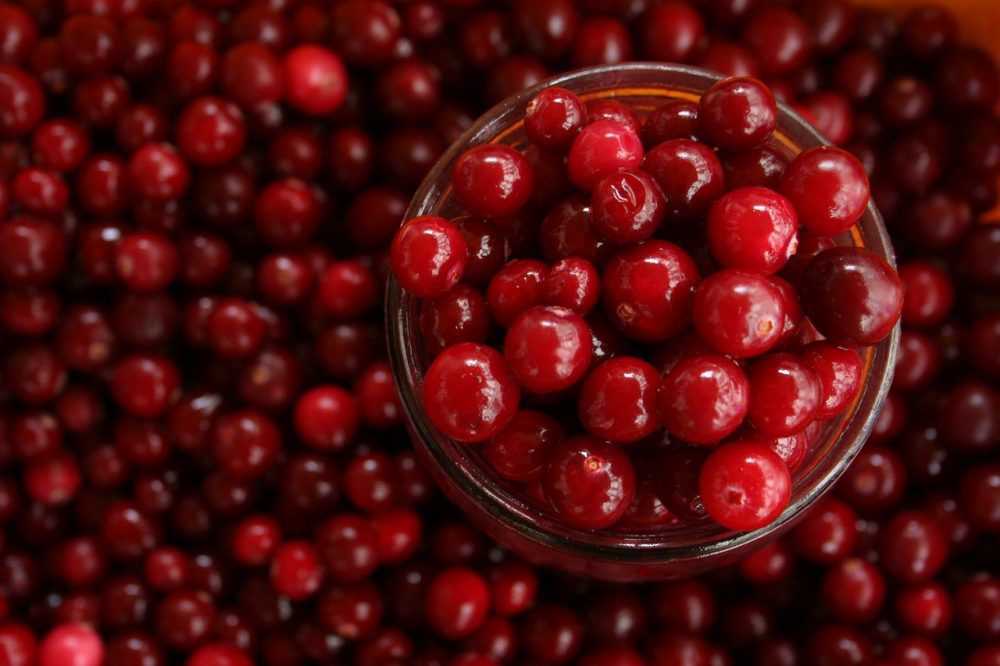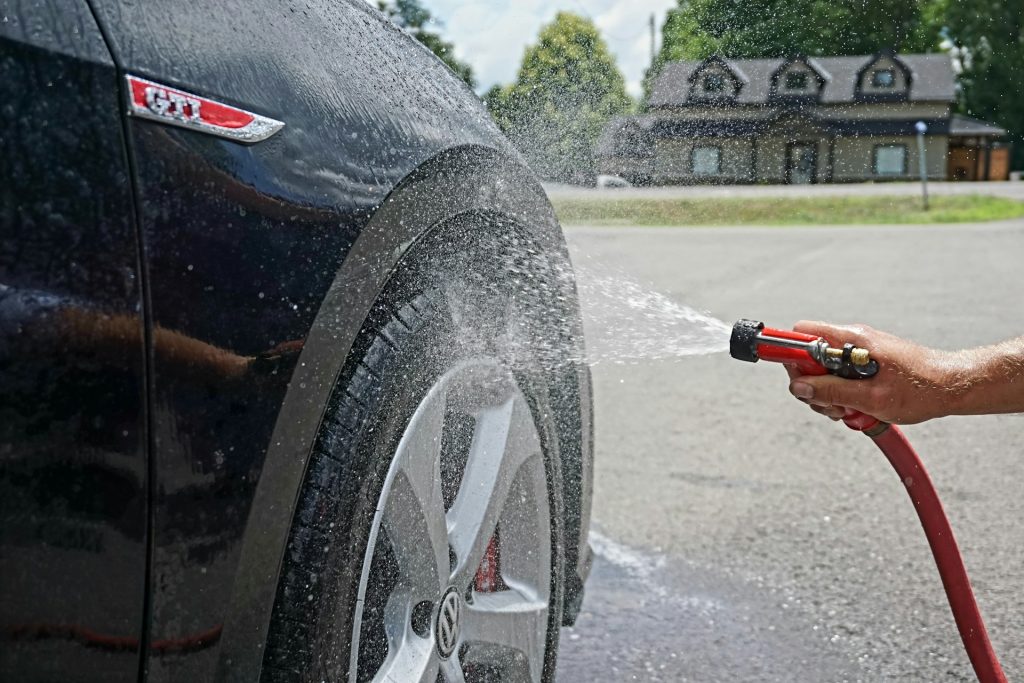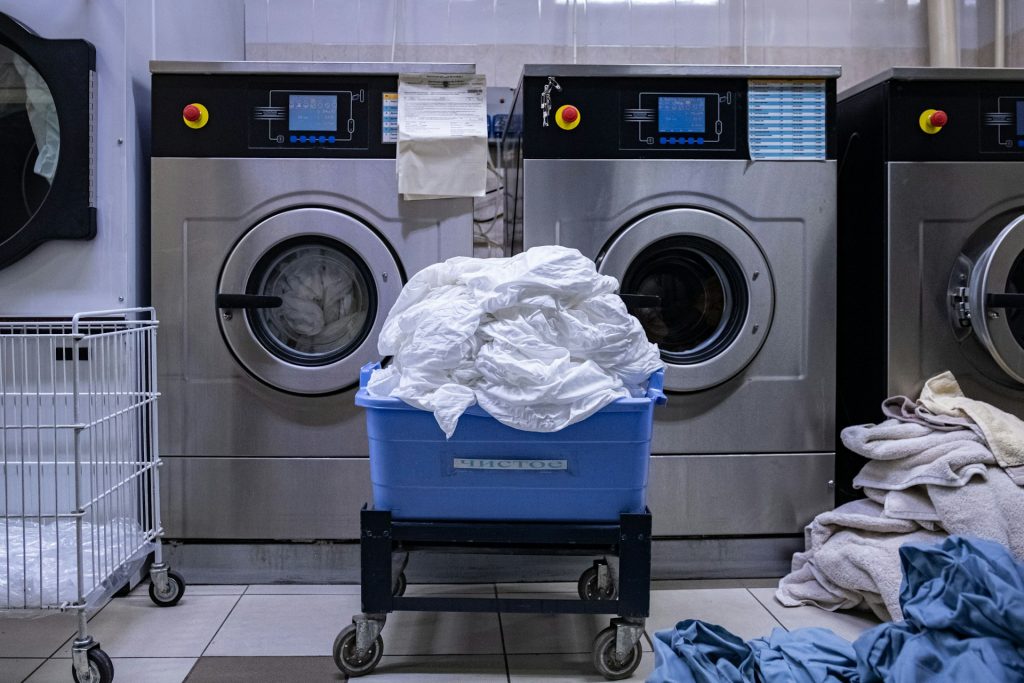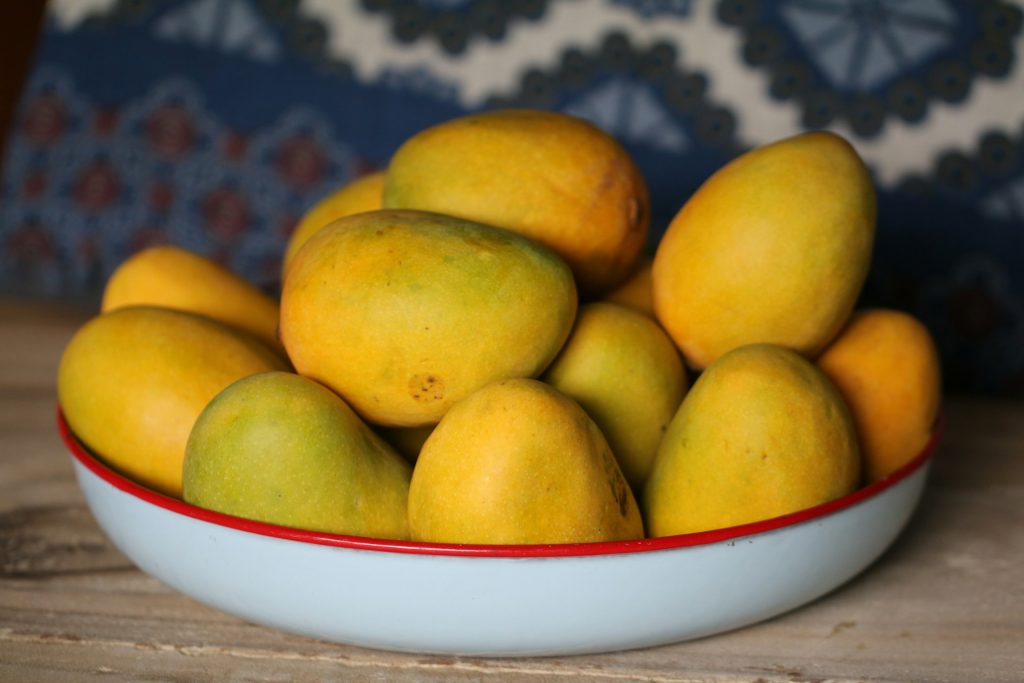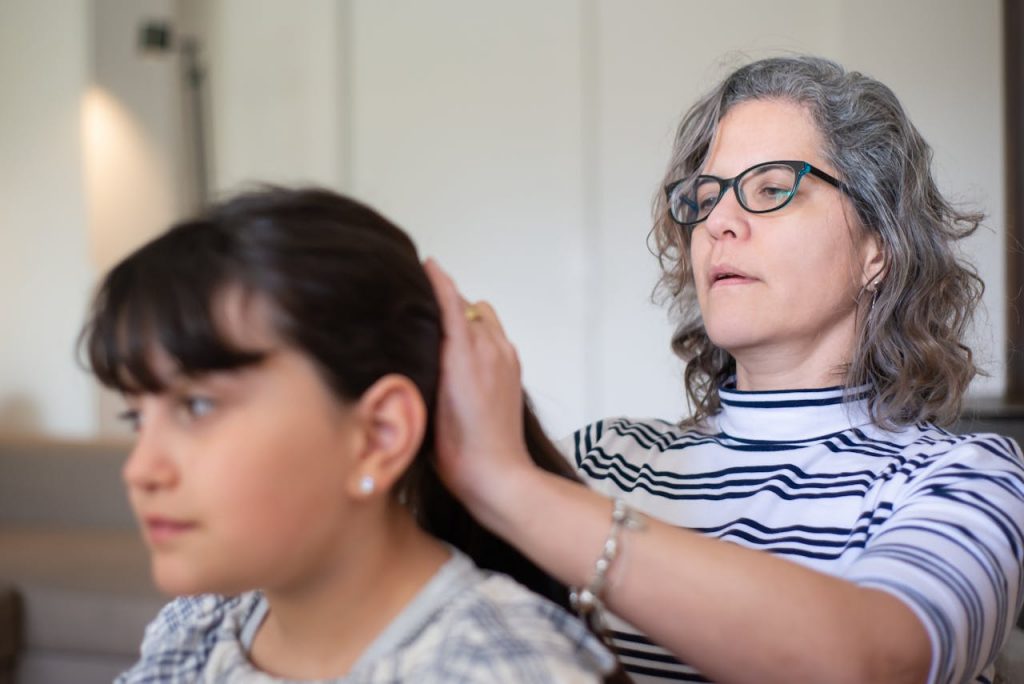Do you often find yourself wondering: Why does your hair get oily so fast? It is frustrating, of course. You start the day with a fresh wash, and by lunchtime, your hair looks like it is gone days without a cleanse. While oily hair can feel like a never-ending battle, understanding the habits behind it is the first step to fixing the problem.
Let’s explore why your hair might be getting oily so quickly and how to break free from the grease:
You Are Using the Wrong Hair Products
Not all hair products are suitable for every hair type. If your shampoo or conditioner is too heavy or loaded with silicones, it might be adding unnecessary buildup to your scalp and strands. This extra weight doesn’t just leave your hair feeling greasy. It also clogs your scalp, making your oil glands work overtime.

Cotton Bro / Pexels / If your hair gets oily in no time, you might be using the wrong hair products. Avoid them for good!
The fix is simple: Switch to lightweight, clarifying shampoos that remove excess oil without over-stripping. Choose a conditioner designed for fine or oily hair, and only apply it to your ends.
So, avoid your roots altogether! This small adjustment can make your hair look fresher for longer.
You Overwash Your Hair
It seems logical. If your hair gets oily quickly, wash it more often, right? Wrong. Overwashing strips your scalp of its natural oils, and as a defense mechanism, your body ramps up oil production to compensate. This can leave you trapped in a cycle of wash, grease, and repeat.
Try reducing the frequency of your washes. Start with every other day and gradually stretch it further. As your scalp adjusts, it will start to produce less oil naturally. Incorporate a gentle dry shampoo between washes to keep your roots looking refreshed without disrupting your scalp’s balance.
You Don’t Rinse Your Hair Properly
Rushing through rinsing might be more harmful than you think. Shampoo and conditioner residue left behind can weigh your hair down, leaving it looking greasy and feeling heavy. Even worse, this residue can attract dirt and oil throughout the day.
Spend an extra minute in the shower to ensure your hair is thoroughly rinsed. Use lukewarm water - it is gentler on your scalp than hot water - and run your fingers through your hair to help remove any leftover product. Proper rinsing is one of the easiest ways to prevent your hair from getting oily so quickly.

Cotton Bro / Pexels / Why does your hair get oily so fast? Well, you are not rinsing your hair properly!
Why Does Your Hair Get Oily So Fast?
Every time you touch your hair, you transfer oil and dirt from your hands to your strands. Whether you are absentmindedly twirling it, brushing it back, or running your fingers through it, these small gestures can make your hair look oily much faster.
So, be mindful of this habit. The less you touch your hair, the longer it will stay fresh. If you can’t resist the urge, consider styling your hair in a braid or bun to keep your hands off it. You will be surprised how much of a difference this small change can make.
You Are Not Cleaning Your Hairbrush Often Enough
Your hairbrush is a hidden culprit when it comes to oily hair. Over time, it collects a mix of hair products, natural scalp oils, and even dust. If you are brushing with a dirty brush, you are just redistributing all that grime onto your freshly washed hair.
Make it a habit to clean your brush once a week. Pull out any hair stuck in the bristles, then soak the brush in warm, soapy water for about 10 minutes. Use a toothbrush to scrub away any stubborn residue.




